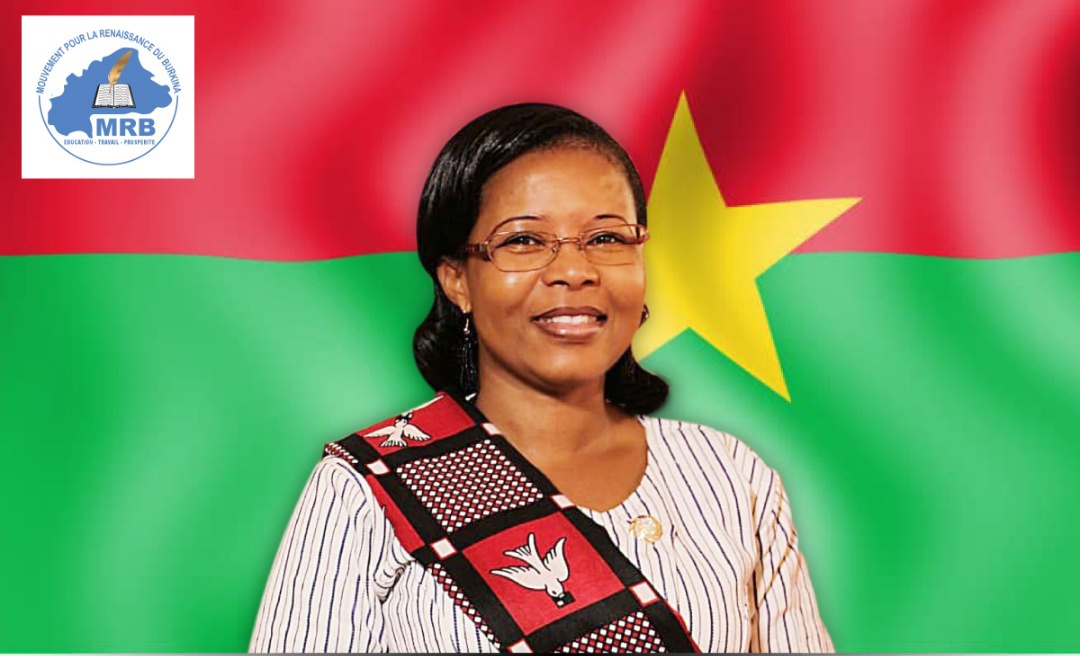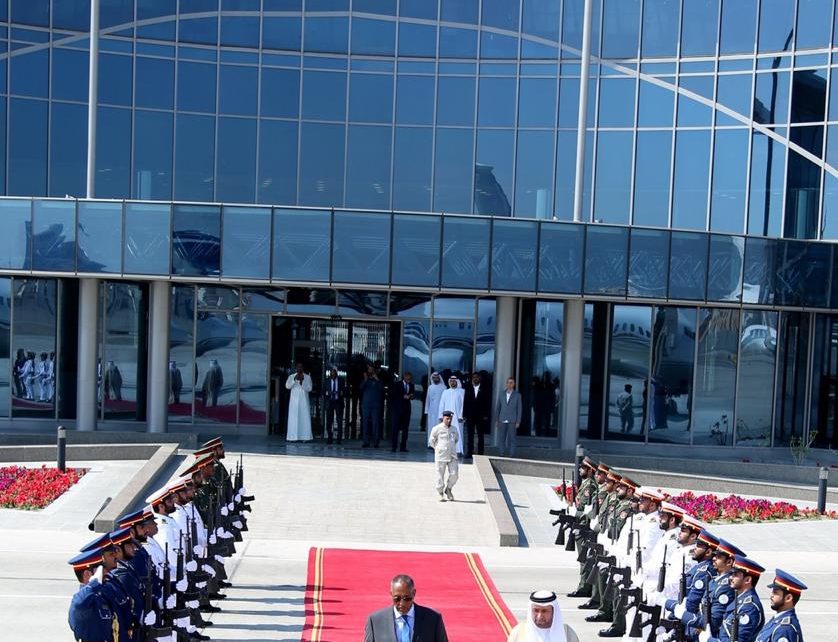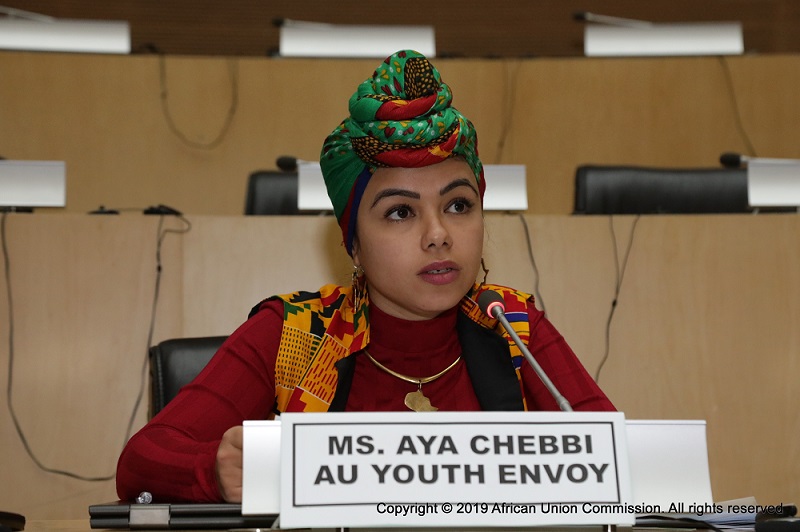Monique Yéli Kam’s war room is not a typical campaign headquarters for a national presidential candidate. A dusty white marquis stands next to stacked blue chairs fanning out to a balcony that leads to a room where teenage boys jostle to play a soccer video game. Upstairs in her apartment, PassBlue spoke with Kam, a businessperson-turned-politician who is the only woman running against 12 men in Burkina Faso’s presidential election scheduled for Nov. 22.
After visiting 12 towns in two days and accompanied by armed escorts to protect her from potential attacks by armed groups, Kam, a 47-year-old mother of five with a master’s degree in marketing, peels off her shoes and pauses from her schedule that begins at 4 A.M. and ends at midnight. She spoke with PassBlue in Ouagadougou, the capital, on Nov. 18 about the security crisis in Burkina Faso, a Sahelian country in West Africa contending with deadly attacks from jihadists; the role of women in African politics generally; and the need for Burkina Faso’s leaders to come to the table and talk about peace.
The Francophone country of nearly 20 million people last held a presidential election in 2015, a year after a people’s coup forced the president at the time, Blaise Compaoré, to resign and flee to neighboring Côte d’Ivoire, after serving 27 years as Burkina’s leader. In November 2015, Roch Marc Christian Kaboré won the presidency in a crowded field that included two women candidates. He was sworn into office a month later for a five-year term. The election this year will unfold amid continuing volatility, and about 417,000 people from 22 municipalities have been unable to register to vote because of displacement and insecurity.
*The views of the above article are those of the author and do not necessarily reflect the views of Africa Speaks 4 Africa or its editorial team.




